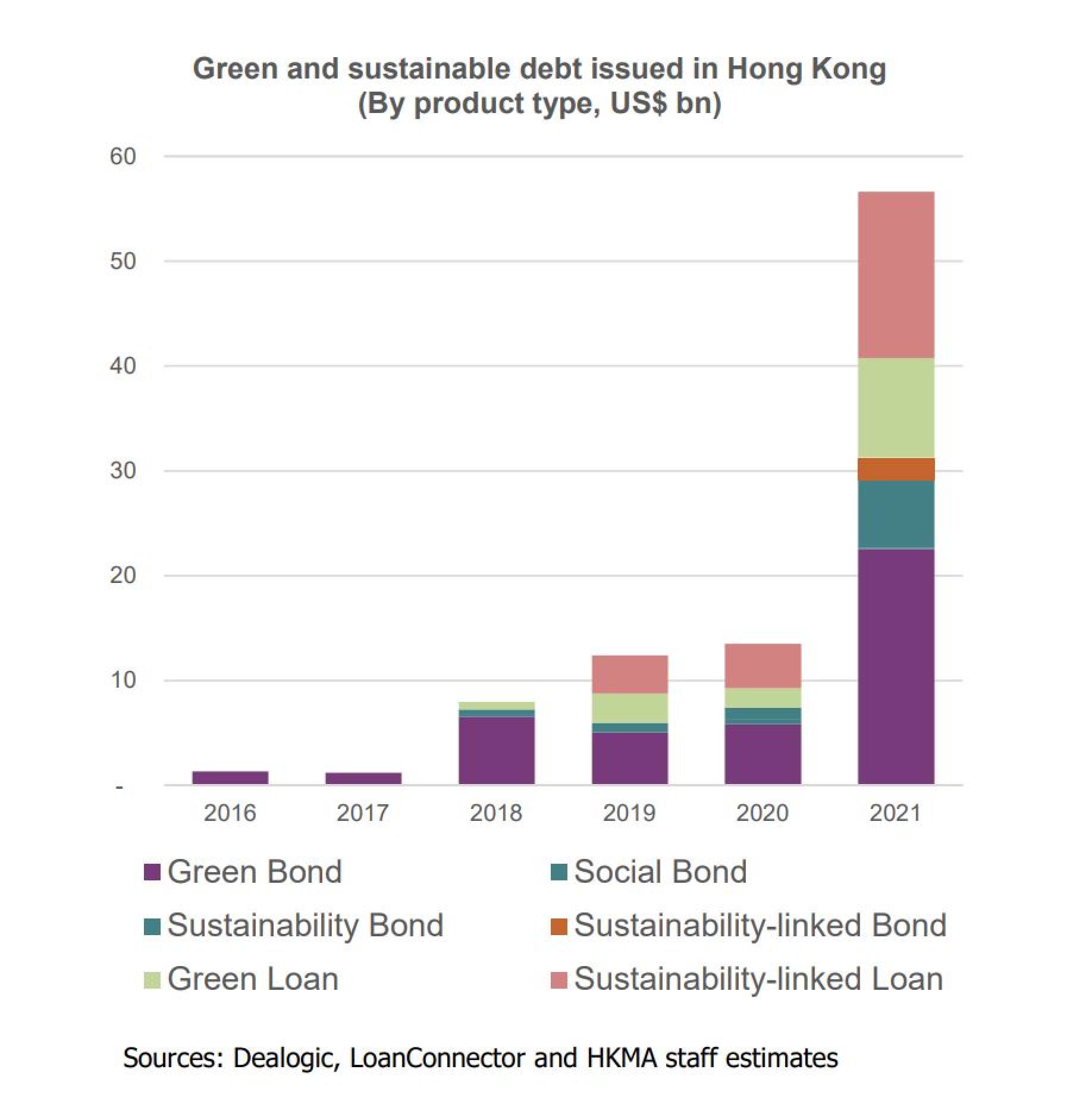The city has approved grants for issues including bonds and loans worth more than US$100 billion since the scheme was introduced in May 2021, according to the Financial Services and the Treasury Bureau. Sustainable bond and loan issues surged 42 per cent to US$80.5 billion in 2022, according to official data.
Those sales declined to about US$36 billion in 2023, according to a BNP Paribas estimate of mainland China offshore and Hong Kong issuances, as successive US rate hikes since the policy lift-off in March 2022 spiked up borrowing costs. With bets focused on rate cuts, industry experts said the subsidy plan will support an expected rebound in green bond offerings in 2024 and beyond.
“We hope the scheme can be extended because there’s a wider expectation of rate cuts in 2024,” said Chaoni Huang, head of sustainable capital markets for Asia-Pacific at BNP Paribas. “Trillions of dollars are required to support China’s net-zero targets. The grant scheme will be one of the tools to incentivise the market to do so.”

Under the scheme, the city’s government helps pay 50 per cent of the expenses up to a HK$2.5 million cap, and up to HK$800,000 on external review costs for each debt instrument. Some HK$210 million has been granted to build Hong Kong as a leading hub for such instruments in the region.
“We will review the effectiveness of the GSF Grant Scheme upon its expiry and consider the way forward as appropriate,” a spokesman for the bureau said.

Aaron Wei, director of ESG and sustainable finance for business and relationship management at Fitch Ratings, said the grant has aided issuers in a challenging bond market environment. The momentum should continue, owing to investor appetite and efforts by the United Nations to transition countries away from fossil fuels.
“We have observed a continued rise in the adoption of sustainable finance labels in the debt market, both in terms of the percentage of labelled bonds’ count and volume,” he said. “This trend is attributed to the strong support from the scheme and collaborative endeavours from all participants.”
A sustained financial subsidy can play a crucial role in nurturing the growth of the Hong Kong financial market, thereby fortifying its position as a thriving hub for sustainable finance, Wei added.
Singapore has similar programmes to cover the expenses of external reviews for green bond issuers and loan borrowers.
Hong Kong to launch second round of tokenised green bonds, chief banker says
Hong Kong to launch second round of tokenised green bonds, chief banker says
The Monetary Authority of Singapore last year extended the sustainable bond and loan grant schemes by five years to end-2028, and raised the cap to S$125,000 (US$93,051) from S$100,000 if eligible issuers comply with internationally recognised disclosure standards.
The total issuance for green, social, sustainability, sustainability-linked and transition bonds and loans in Singapore dropped about 10 per cent to S$32 billion in 2022, according to the central bank data.
With both Hong Kong and Singapore scaling up sustainable finance in the region, the former is expected to retain its position as the “superconnector” and largest venue for China’s offshore sustainable bond listing.
“With a lot of effort in the international harmonisation of Chinese green bonds, Hong Kong will play an even greater role in attracting international capital into green investments in mainland China,” Huang at BNP Paribas said.


